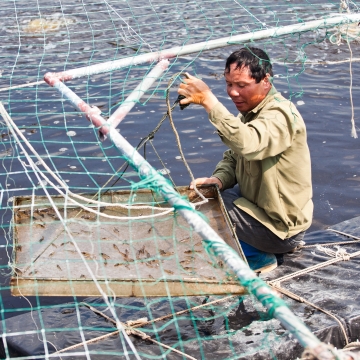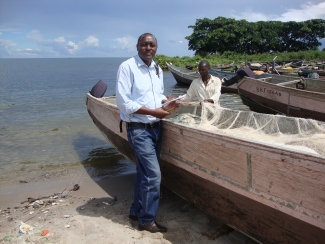Evaluación Socio-Económica de la Aplicación de Medidas de Administración Sobre la Pesquería Mixta de Pequeños Pelágicos de la Zona Centro Sur
El Departamento de Análisis Sectorial (DAS) de la Subsecretaría de Pesca, Gobierno de Chile, licitó un estudio con el propósito de evaluar, desde un punto de vista socioeconómico, los efectos de la

